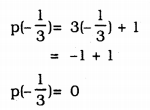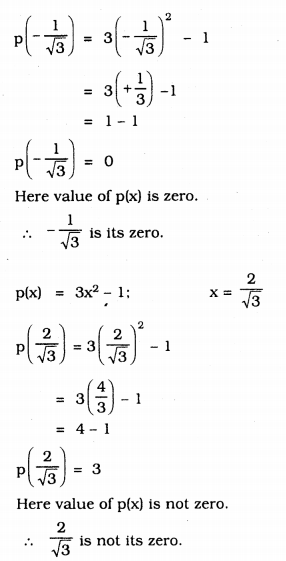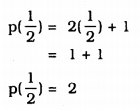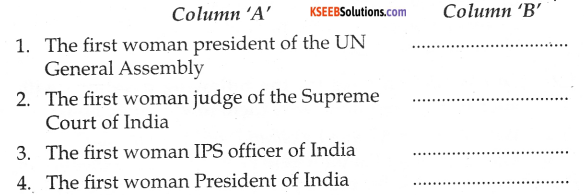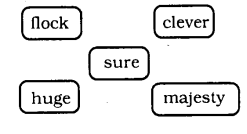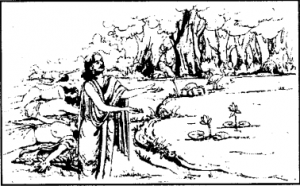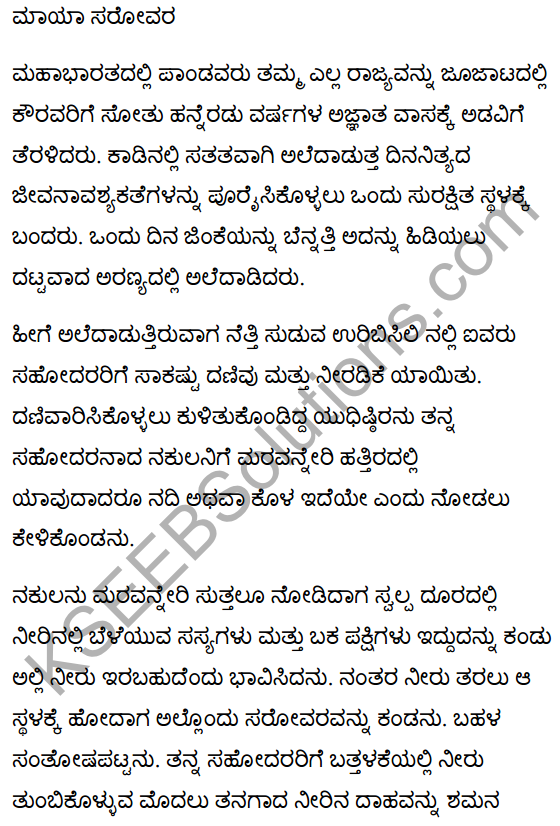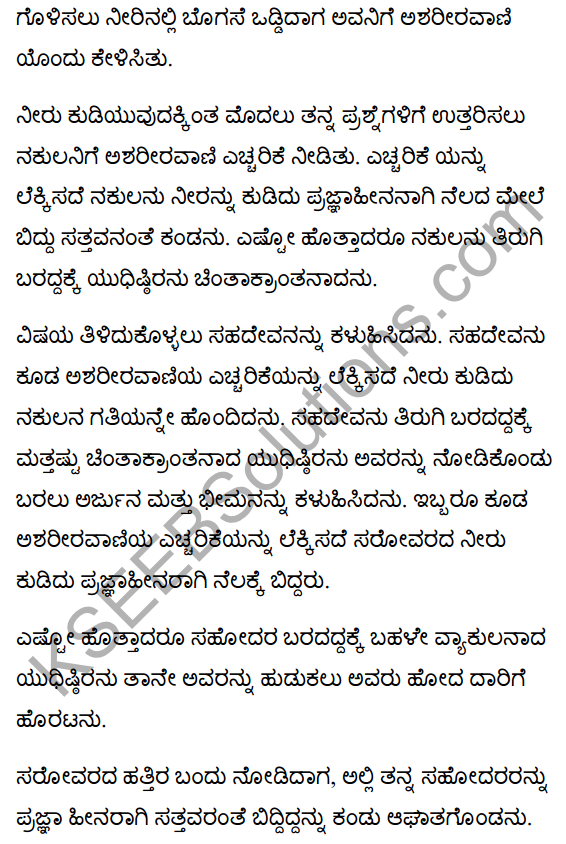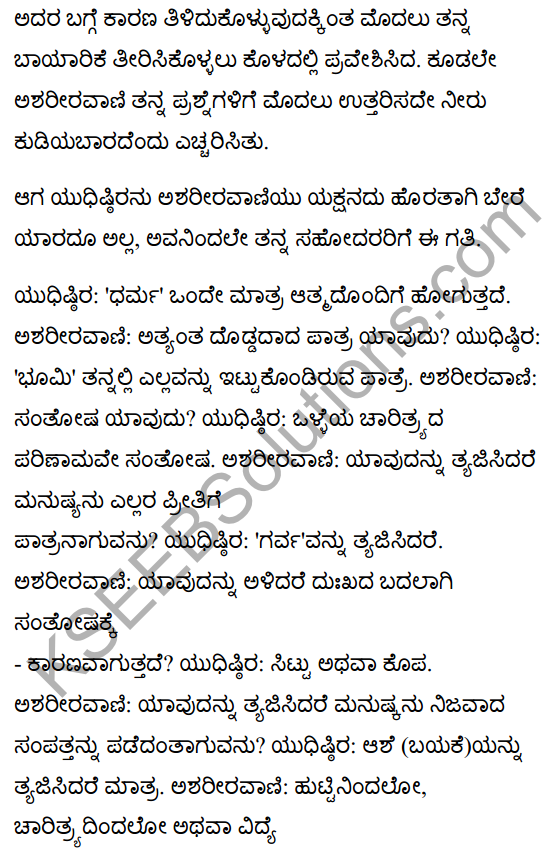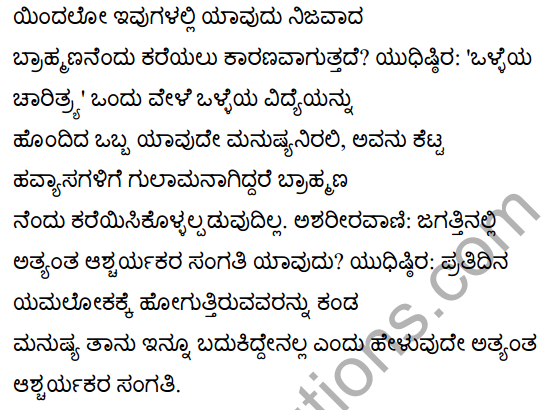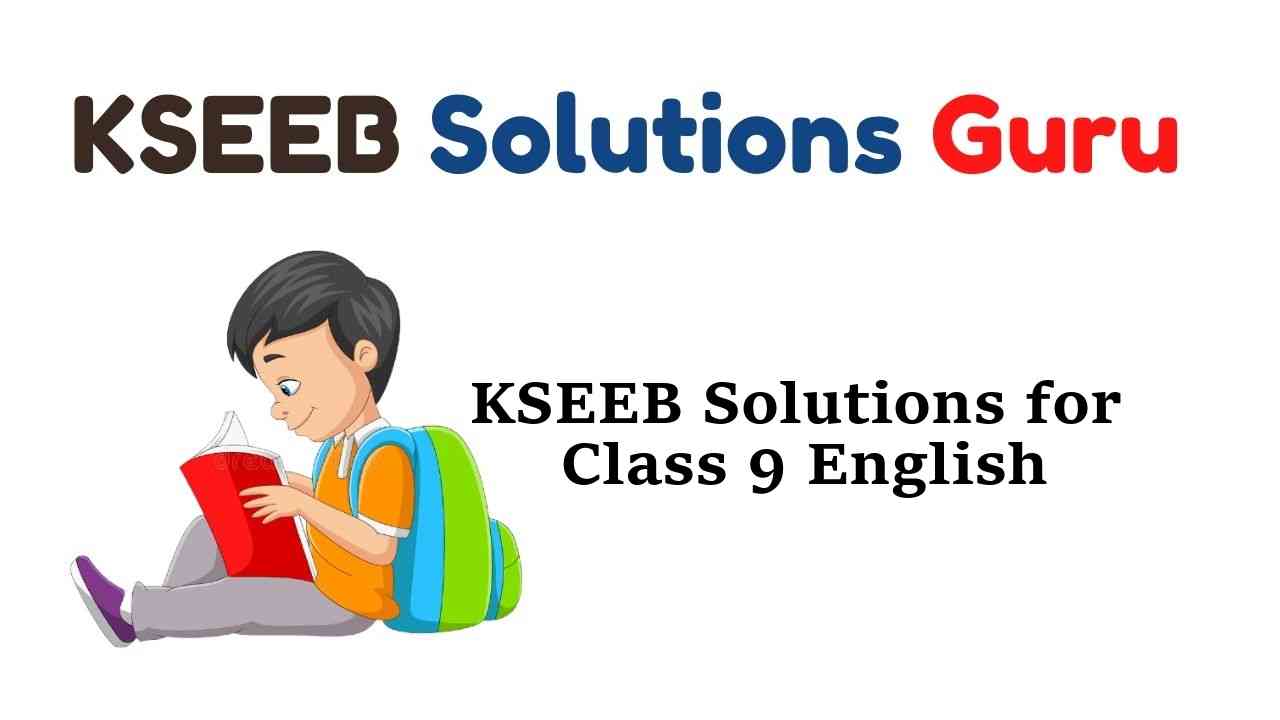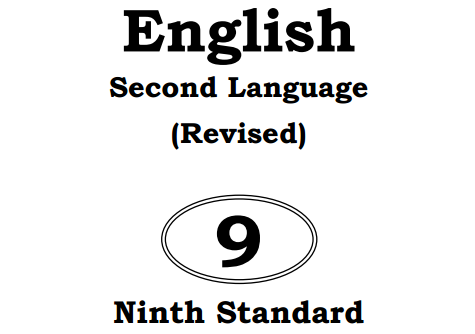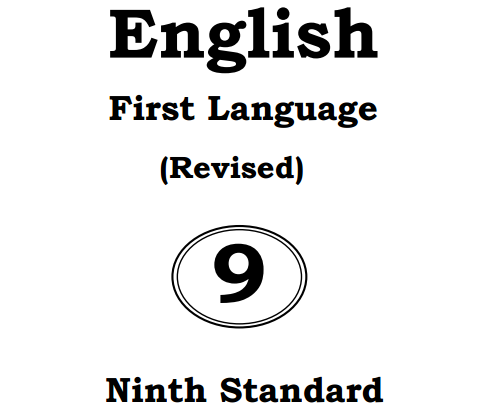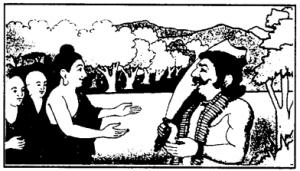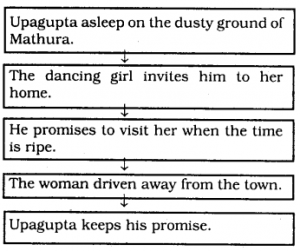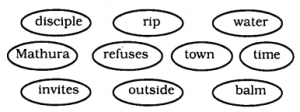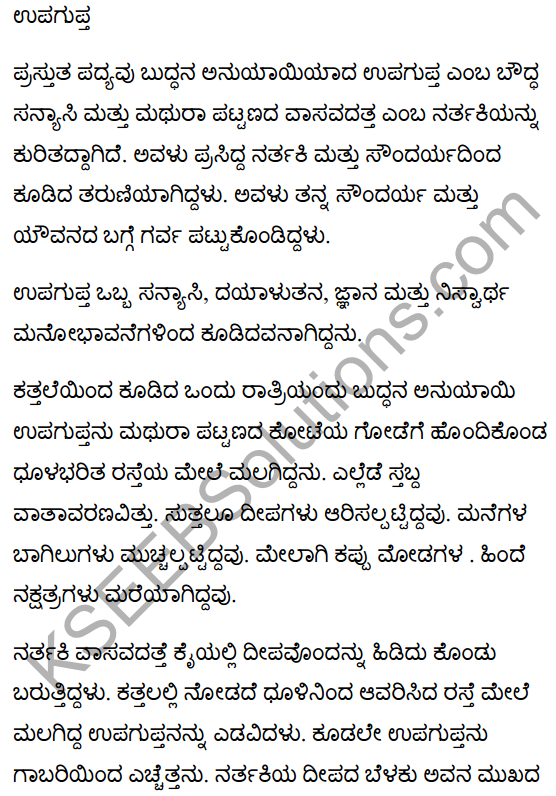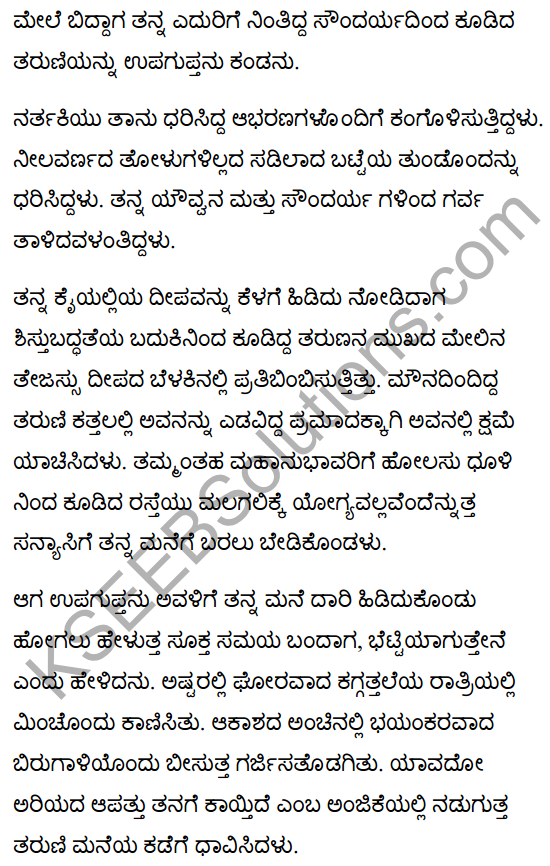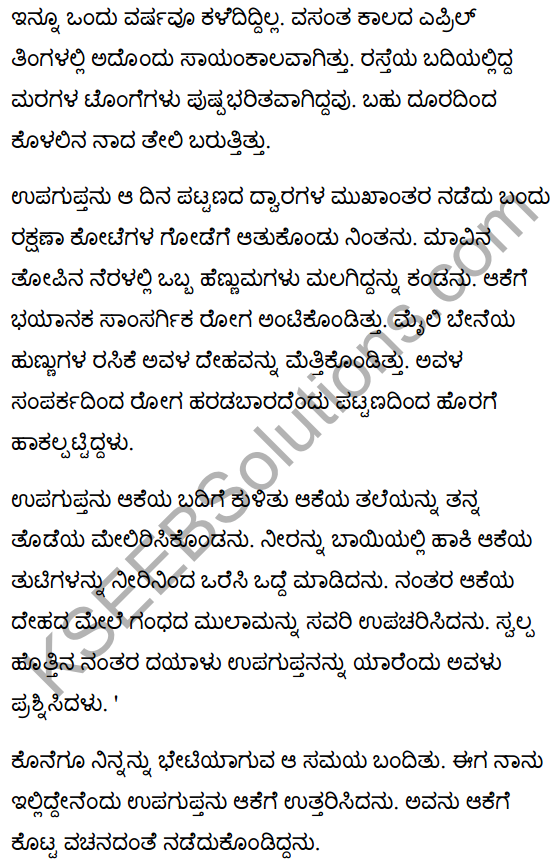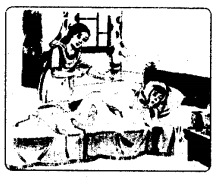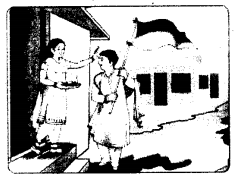Students can Download Political Science Chapter 7 National Integration Questions and Answers, Notes, KSEEB Solutions for Class 9 Social Science helps you to revise complete Karnataka State Board Syllabus and score more marks in your examinations.
Karnataka State Syllabus Class 9 Social Science Political Science Chapter 7 National Integration
Class 9 Social Science National Integration Textual Questions and Answers
I. Fill in the blanks with suitable words:
Question 1.
India is a secular country and so does not oppose any ______
Answer:
religion.
Question 2.
Communalism is a major obstacle to ______
Answer:
“National Integration”.
![]()
Question 3.
Republic Day is a _____festival.
Answer:
National
Question 4.
India has considered _______ languages as National languages
Answer:
22
Question 5.
Our National Animal is ______ .
Answer:
Tiger
II. Answer the following questions after group discussion :
Question 1.
What is ‘Nationalism’?
Answer:
The peoples’ emotion of knowing their land as motherland, their brotherhood and their equal participation in all the times in the nation is ‘Nationalism’.
Question 2.
What do you mean by ‘National Integration’?
Answer:
The situation where all the people of the country feel they are one although there difference with regard to race, religion, culture and language is called “National Integration”.
Question 3.
Which are the factors that lead to unity in diversity?
Answer:
The important factors which enable unity in diversity are:
- Geographical unity: The Himalayan Mountain Range, the Bay of Bengal, the Indian Ocean and the Arabian sea have cut India off from the rest of the world and made us feel one naturally. Moreover, to say, the chanting of the national’ anthem by all Indians enables to achieve solidarity.
- Political unity: The Indian States come under one Constitution, uniform law, one educational system, the uniform judicial system and a strong central Government. These factors have enabled people to enjoy a sense of duty.
- Religious unity: People of different religion like Hinduism, Jainism, Buddhism, Sikhism, Islam, etc. practise their religions without any fear and also respect one another religions. This has also enabled us to enjoy the feeling of oneness.
- Linguistic unity: India is the land of many languages. Every state has its own language. (People of one language respect people speaking other languages. This factor aids in fostering unity.
- Cultural unity: Though there are different religions and people of different areas practise their own customs, traditions, have their own style of dressing, cooking and living, there is harmony among people of India.
![]()
Question 4.
Which are the factors that promote National Integration?
Answer:
Many factors are there for promoting national integration. They are:
- Secularism: Our nation is a secular country. This means that every citizen enjoys the freedom to practise the religion he desires. India has not declared any religion as the national religion but treats every religion equal as equal.
- Democracy: India is a democratic nation and treats all citizens equal before laws. There can be discrimination among the people on the basis of religion, caste, language or culture. Our constitution makes our country an integrated one.
- National festivals: Our National festivals like Independence Day, Republic Day, Gandhi Jayanthi bring people together during their celebrations. All over India, these festivals are celebrated on irrespective of the case, religion, language and culture.
- Our National Symbols: Our national symbols like the National Anthem, National Flag, National Animal, The national bird, National flower, etc. enable us to identify ourselves as belonging to one nation, India. These symbols, during the times of emergency or threat to the country, unite the people and build solidarity among them.
- Interdependence: The central government and state government work together to achieve the common goals of the nation. Produce grown in one part of the country helps in its economic development when that product is sold in another part of the country. This shows that all of us belong to one nation.
- Apart from these, above-mentioned factors, communication methods, mass media, natural features contribute to a feeling of oneness, though there is a variety of cultures, different religions, languages, regionalism in our country.
![]()
Question 5.
What are your suggestions to overcome obstacles that affect National Unity?
Answer:
The suggestions to overcome obstacles that affect National Unity are :
- People of one religion or caste should respect those belonging to others and support them, celebrate all festivals together.
- The educational policy of the country should be re-framed.
- Better vocational education should be provided.
- Discontinuation of studies by children should be prevented.
- In these ways, we, the responsible citizens of India, should respect one another, and together enjoy a sense of solidarity. Then there will be a true sense of unity, integration in the country.
